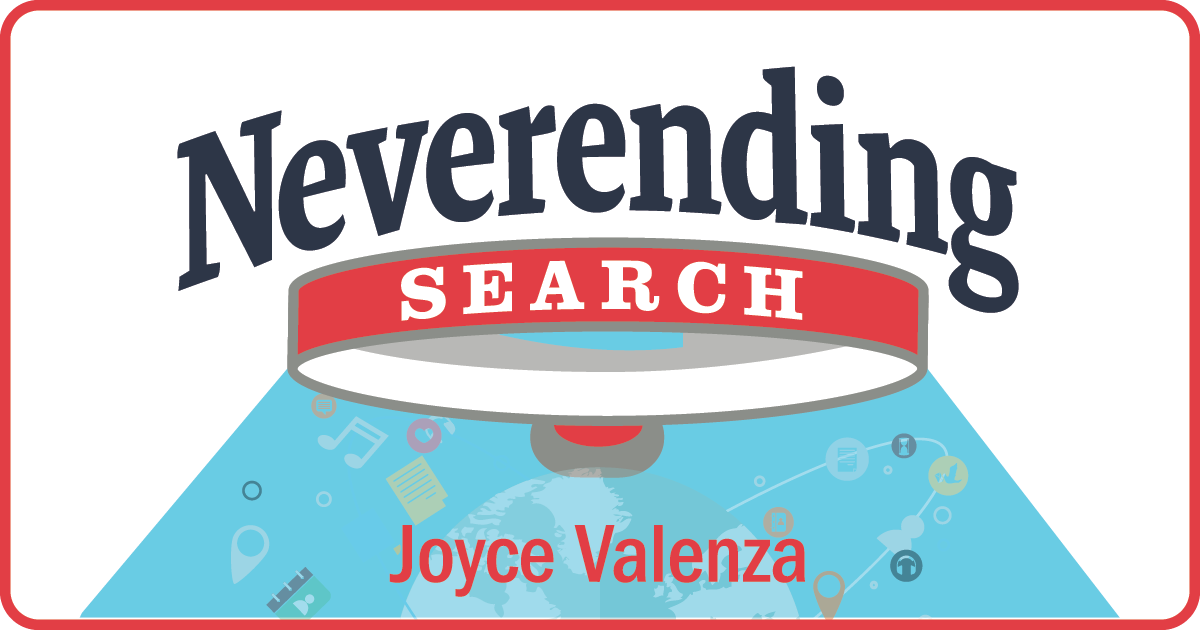SCROLL DOWN TO READ THE POST
ESSA learning more, doing more
I’d venture to say that most of us could stand to learn a little more about ESSA and its potential for school libraries and the communities we serve.
On the SchoolLibraryAdvocacy.org website, Deb Kachel offers some clarity.
Deb’s presentation ESSA: Every Student Succeeds Act: Implications for School Library Programs, shares critical background on the ESSA reauthorization and a plan for moving forward.
Deb describes the victory, attributing it largely to grassroots networking.
After eight years without a reauthorization of the Elementary and Secondary Education Act (ESEA), ESSA becomes law with references to school libraries and librarians.
Deb notes that school librarians are included in the definition of “specialized instructional support personnel” and that Title I plans must be developed in consultation with “specialized instructional support personnel.”
The Act authorizes, but does not require, Title I plans to describe how effective school library programs will provide students an opportunity to develop digital literacy skills and improve academic achievement.
ADVERTISEMENT
ADVERTISEMENT
While the Act did not mandate school library staffing, and while it fell short of defining what an effective program might look like, a definition was part of S.312 (The SKILLS Act) where AASL/ALA promoted the following definition:
An effective school library program: (1) is staffed by a state sanctioned school librarian; (2) has up -to-date materials and technology, including broadband; (3) includes regular collaboration between teachers and school librarians concerning school reform.
I asked Deb what she thought was most important to share about ESSA in this space.
She responded.
Don’t wait to be invited to this party. My big concern is that librarians think this can wait because it is not going to go into effect until the 2017/2018 school year. We can’t wait. We have to organize locally. We need to meet with the Departments of Education in our states to ensure we are part of the competitive grant programs to launch in 2017. We have to get on the committees. If we are to get a piece of the funding, we have to start pushing, demonstrating how school library programs might be leveraged to meet ESSA goals right now.
Deb suggests we should begin to collaborate with our local government, state libraries and state library associations to ensure that: the ALA/AASL definition of effectiveness is endorsed by our own state’s Department of Education; that we develop awareness and training locally on how to apply for funds; and that we actively demonstrate how school library programs provide students with opportunities “to develop digital literacy skills and improve academic achievement.”
Relating to ESSA reauthorization, the SchoolLibrary Advocacy site also gathers AASL President Leslie Preddy’s letter to members, the blog post, ESSA: Leadership, Marketing and You by Sara Kelly Johns, and a link to Jay Bansbach’s post, School Libraries, ESSA and Title 1: What Should we Ask?, and a copy of the Act itself.
Keep up on ESSA news on AASL’s ESSA Page.
Filed under: activism, advocacy, ESSA, technology
About Joyce Valenza
Joyce is an Assistant Professor of Teaching at Rutgers University School of Information and Communication, a technology writer, speaker, blogger and learner. Follow her on Twitter: @joycevalenza
ADVERTISEMENT
SLJ Blog Network
How Candace Fleming Made an Award Winner
World Premiere Video for a Brand New Amos McGee! With Special Q&A with Erin E. Stead
Superman’s Good Guy Gang | Review
Heavy Medal Suggestions: 73 Titles and Counting
Fast Five Interview: Donna Galanti
The Classroom Bookshelf is Moving
ADVERTISEMENT
ADVERTISEMENT







